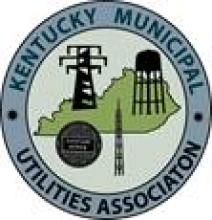Georgia and Idaho Communities Pass Resolutions in Support of Local Authority
Two more communities recently passed resolutions in support of local authority for broadband networks.
We have written about Ammon and its open access network in southeast Idaho. The municipal network connects anchor institutions and wireless towers in the community of approximately 14,000 people. Chris spoke with Bruce Patterson, Ammon's Technology Director, in Episode 86 of the Community Broadband Bits podcast.
Their Resolution 2014-0005, signed by Mayor Dana Kirkham, reads:
WHEREAS, the universal availability of affordable high speed Internet access for all citizens has been identified as a national priority; and
WHEREAS, community/municipal broadband networks provide an option for market competition, consumer choice, economic development, and universal, affordable Internet access; and
WHEREAS, historically, local governments have ensured access to essential services by banding together to provide those services that were not offered by the private sector at a reasonable and competitive cost. This involvement has included electrification, water supply, public libraries, and other important services; and
WHEREAS, the City Council of the City of Ammon recognize that their economic health and survival depend on connecting the community, and they understand that it takes both private and public investment to achieve this goal; and
WHEREAS, state constitutions and state statutes exist that may limit or prohibit local government deployment of municipal Internet services, which has the potential of prohibiting or limiting the ability of local government to provide important information and services to their citizens in a timely, efficient, and cost effective manner; and
WHEREAS, local governments, being closest to the people are the most accountable level of government and will be held responsible for any decisions they make; and
WHEREAS, the DC Circuit Court has determined that Section 706 of the Federal Telecommunications Act of 1996 unambiguously grants authority to the Federal Communications Commission (FCC) to remove barriers that deter network infrastructure investment;



